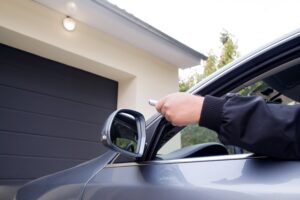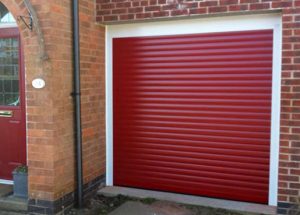 sales@lookgaragedoors.co.uk
sales@lookgaragedoors.co.uk Opening Hours: Mon - Fri 8:00 - 17:00
Opening Hours: Mon - Fri 8:00 - 17:00
free appointment
01623 452 600

 Providing you’ve not missed anything, this should solve the problem of a loud door. If there are still any squeaks or clanks, double-check and try again. If the noise persists, contact a repair service.
It’s also worth making this part of your garage maintenance routine. Even if it’s not making a noise, lubricate your garage door every few months and it’ll help keep it in good working condition. And if you’ve got any other questions, feel free to contact us and we can give you some help.
Providing you’ve not missed anything, this should solve the problem of a loud door. If there are still any squeaks or clanks, double-check and try again. If the noise persists, contact a repair service.
It’s also worth making this part of your garage maintenance routine. Even if it’s not making a noise, lubricate your garage door every few months and it’ll help keep it in good working condition. And if you’ve got any other questions, feel free to contact us and we can give you some help. SEO by ICAAL